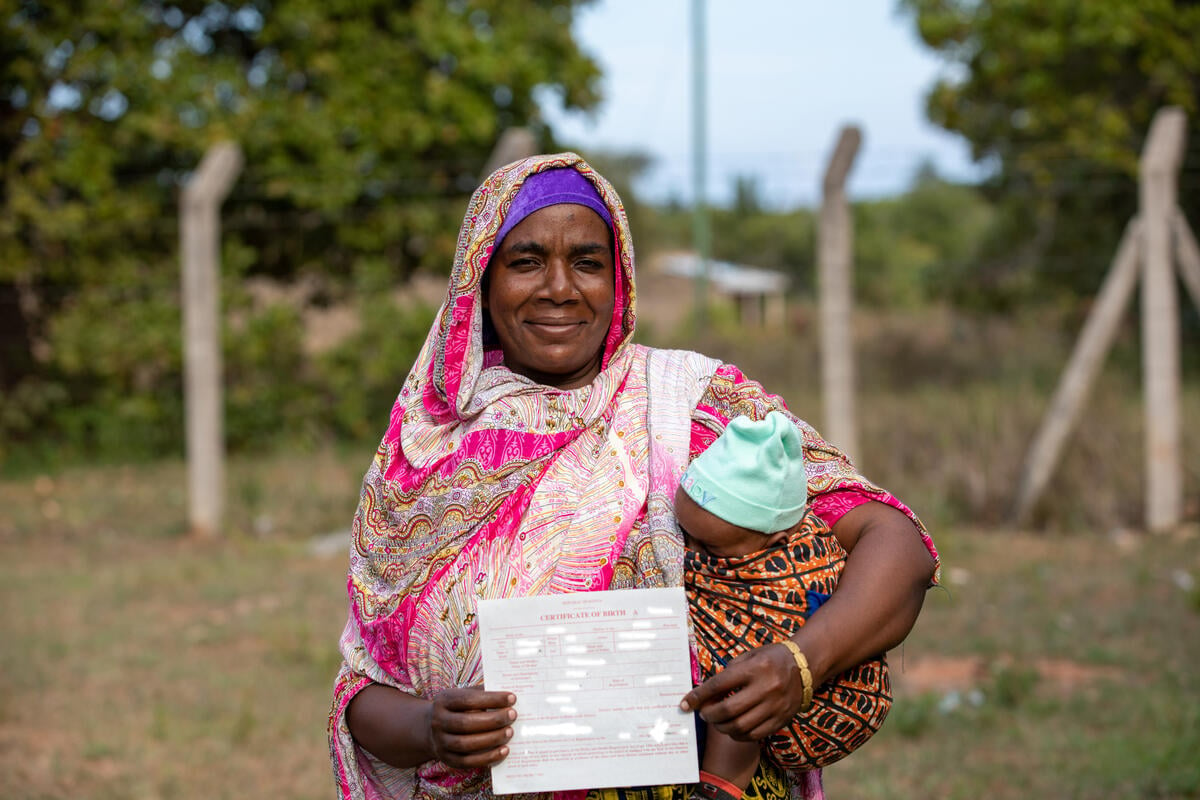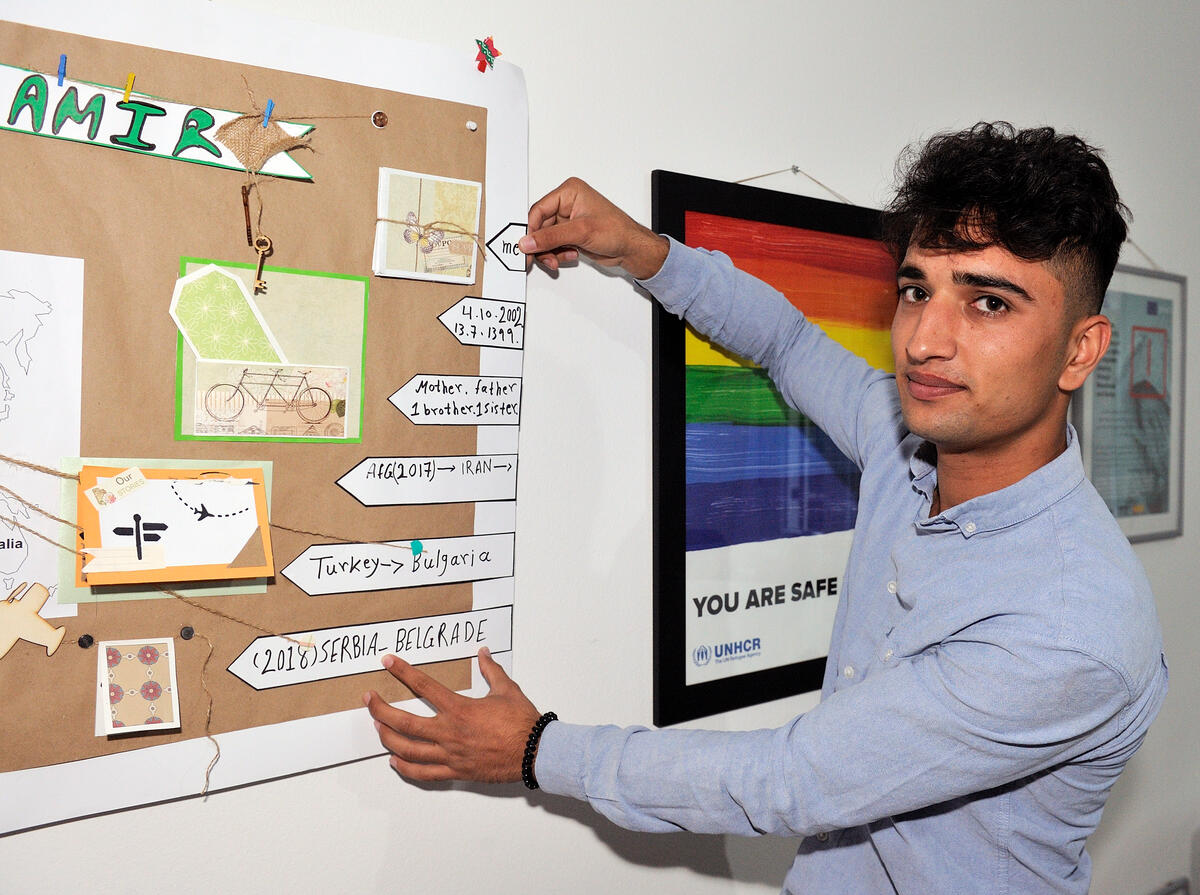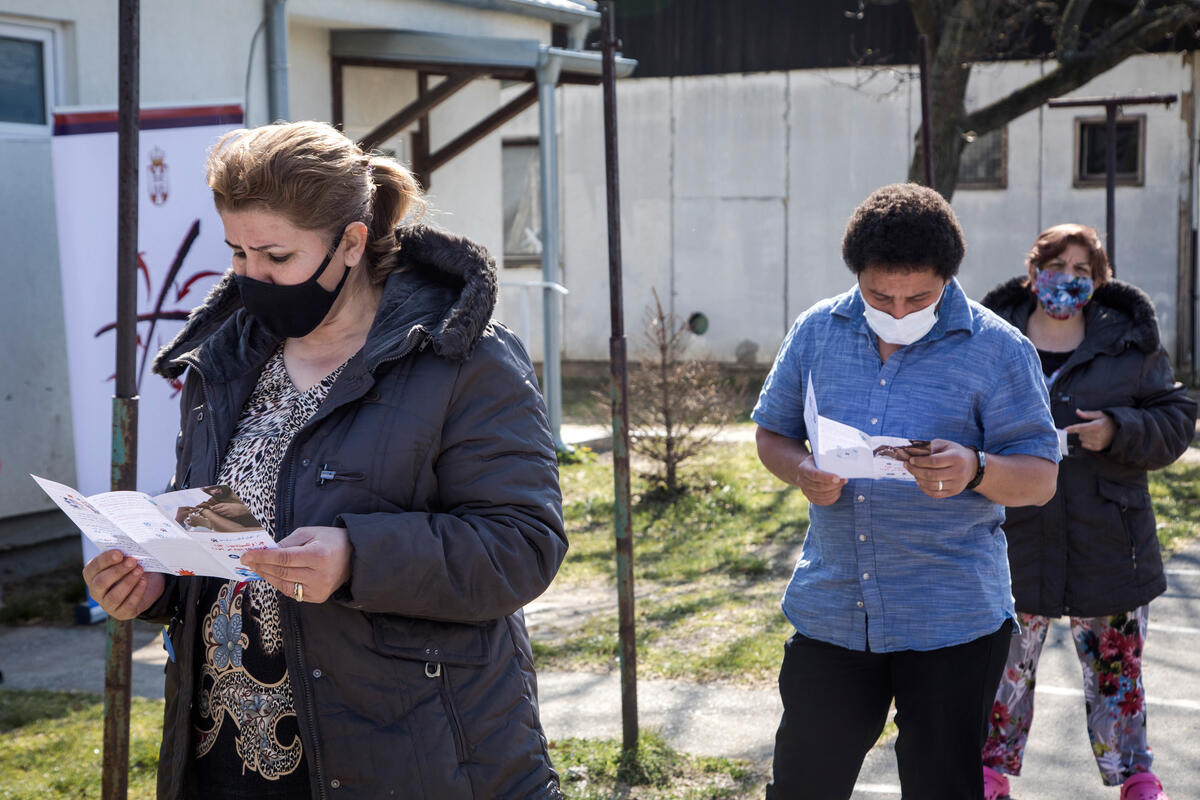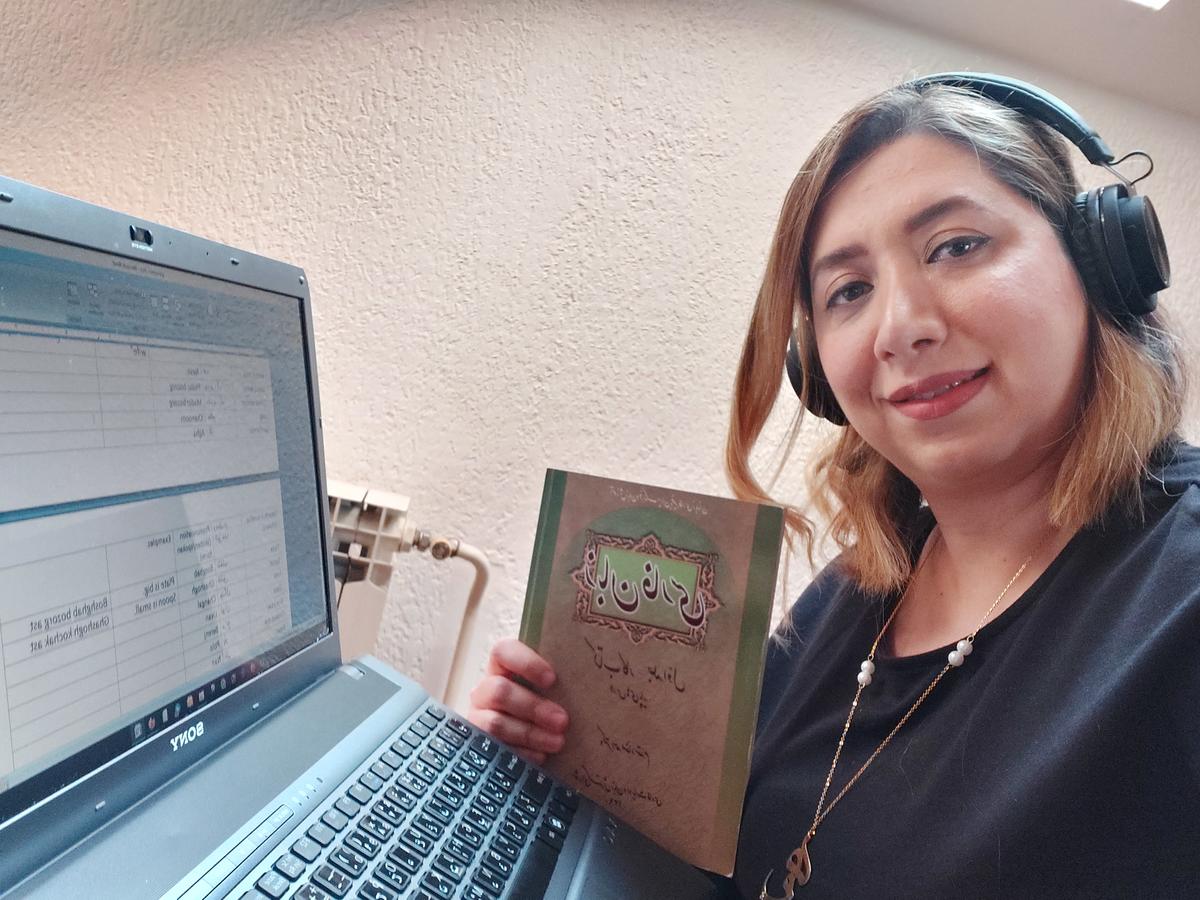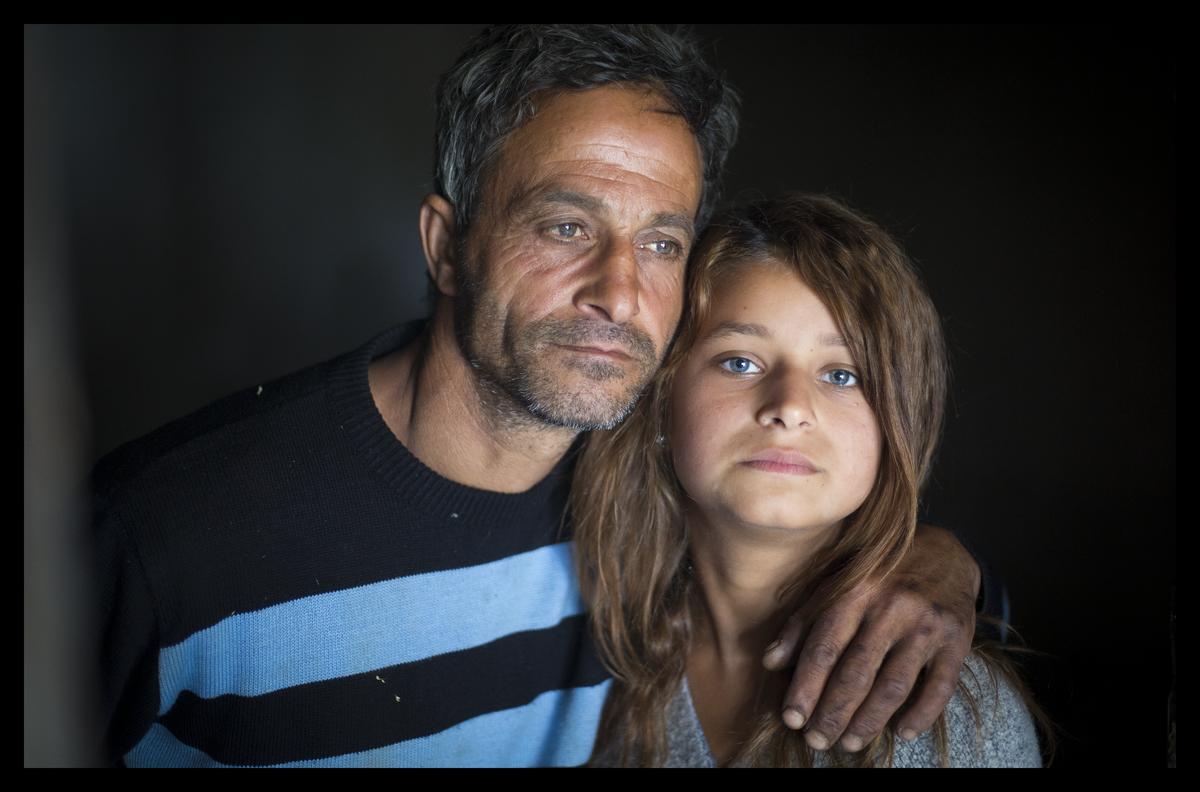Kosovo Crisis Update
Kosovo Crisis Update
UNHCR and other agencies begin today the monumental task of providing humanitarian aid inside Kosovo, initially to hundreds of thousands of displaced people and later to the three quarters of a million people outside the Serbian province who are eager to return.
As many as 500,000 to 600,000 people are believed to be in desperate condition inside Kosovo and are the main priority of returning relief teams. There has been no assistance provided to them in the last two and a half months and the situation is grim, according to a UN assessment mission that visited Kosovo last month.
UNHCR is sending senior liaison personnel with the international security force which is to deploy in Kosovo, possibly starting today. An initial team of UNHCR staff will be standing by in Skopje ready to move to Kosovo as soon as the green light is given.
UNHCR and other agencies are loading a convoy of 40 vehicles that will proceed to Kosovo as soon as feasible, possibly as early as Sunday, if everything goes well and the 60-kilometre route to Pristina is clear of land mines.
The convoy includes 32 trucks from UNHCR, WFP, UNICEF and selected NGOs. It will carry humanitarian daily rations, or Meals Ready to Eat, pallets of bottled water, blankets, tents, plastic sheeting and hygienic kits. They will also carry office equipment.
The convoy plans to go to Pristina, setting up temporary offices at the Slatina airport outside the provincial capital. Two multi-agency convoys are planned to go to Kosovo daily from Skopje - the logistical hub for relief operations in the Serbian province - once security is assured.
The convoy will be the first by UNHCR and its implementing partners since their staff were evacuated on the eve of the NATO bombing campaign on 24 March.
Many refugees who recently arrived in the asylum countries say they left Kosovo because of the threat of starvation. Hardly any food crops have been grown in Kosovo since the conflict broke out in the spring of 1998. Large numbers of cattle have been killed and left to rot in the fields.
In the FYR of Macedonia, and Albania, UNHCR is distributing leaflets and using radio to broadcast information about return prospects and cautioning refugees not to rush back to Kosovo until security forces clear routes of land mines and determine that it is safe for them to do so. NATO said that the border control points will be manned by the Kosovo force.
Albania
For the second straight day, no arrivals were reported on Thursday at the Morini crossing in the northern Albanian town of Kukes. The border was reported generally quiet - unlike last week when Serbian forces battled the Kosovo Liberation Army.
The relocation of refugees from Kukes to points south continued on a small scale on Thursday, with 127 people getting on trucks to join families who left earlier because of security concerns at the border.
FYR of Macedonia
A total of 403 refugees crossed into the FYR of Macedonia - most of them without papers. Only 60 entered officially at Tabanovce, the rest sneaked across the mountains and came to villages in Malina Mala, Jazince and Tanusevci.
The arrivals said they had been on the move for months and several said they would have stayed had they known that the war is over. Most of them were men anxious to join their families in Albania.
Republic of Montenegro
At least 126 people from Kosovo, including 119 Serbs, arrived in Montenegro on Wednesday. It was the first large group of Serbs reported by police to have left Kosovo for the neighbouring republic since the peace agreement was announced last week.
NATO officials have said that the international security force deploying in Kosovo will protect all people in Kosovo regardless of ethnicity.
UNHCR has expressed concern about the situation of the remaining Serbian civilians in Kosovo, once the Yugoslav forces withdraw. UNHCR believes that the Kosovo Serbs' right to remain in their home areas must be safeguarded, as the Kosovars go back to their villages.
UNHCR-IOM Humanitarian Evacuation Programme
Departures under the UNHCR-IOM humanitarian evacuation programme totalled 813 on Thursday, bringing the overall count to 82,518. Destinations were Germany, Ireland, Switzerland, Turkey, and the United Kingdom.
UNHCR has received offers for 137,000 places in 40 countries under the programme.


